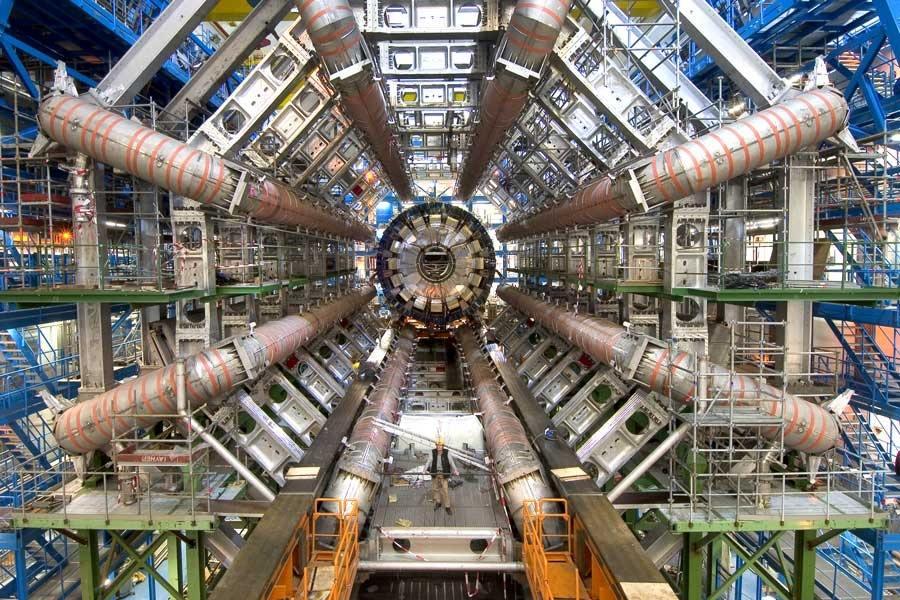As we all know, computer engineering (CE) is built on the basic logic of physics. So, do computer engineers need physics?
Yes, computer engineers need a certain amount of math and physics knowledge to understand electronics and hardware systems.
Different engineering fields are different niches of applied physics, and computer engineering is no exception. Keep reading for more details!
Why Do Computer Engineers Need Physics?
Computer engineers will sometimes need experience for logical thinking, solving complex problems, debugging issues, or working physics-related apps/software. So there’s no denying that science experience will make them great engineers.
Logical Thinking
Through experience, you can build logical reasoning skills, which are very useful in programming. In addition, you will get used to going through the problem step by step to find the solution more quickly.
Logical thinking allows the computer engineer to help a lot in life. For example, they ushered in today’s modern technological age.
It is not necessary to master the complex concepts in this subject. But understanding it as much as possible will help you improve your logical reasoning.
Physics-Specific Industry
Computer engineers often change jobs a lot. Unfortunately, in most cases, the physics background at the previous company doesn’t help them much at the new company.
If you get a job for a particular physics-specific company, your engineering experience can benefit you.
For example, if you work at NASA, you can provide some good ideas about the rocket’s motion before programming the model. Besides, if you work for a VR development company, you will understand how to translate 2D into 3D.
Thus, possessing some basic knowledge of engineering will benefit your job in some respect. Furthermore, including some experience in your CV will make a good impression on the recruiter.

Debugging
As a computer engineer, you’ll likely spend a lot of time debugging error-prone code or refactoring broken code. In addition, you can have a hard time debugging, especially when working with poorly written code.
Through science experience, you will think critically to quickly find the cause of the problem, which is a critical element of debugging code.
In computer engineering subjects, we learn about making the results of experiments reproducible, right? In computer engineering, it means that you will write reusable and readable code, making debugging unnecessary.
Problem-Solving
Physics teaches you to solve problems in nature. You will need to break down complex experiments or problems to find relevant answers.
It will often take you a long time to understand these problems because they are complex. As a result, you will probably have difficulties, and sometimes you will feel frustrated.
You can also notice the same thing in software engineering. It may take a long time to arrive at some solutions, and newbies often give up too quickly.
Therefore, it is true to say that the physics background will help you stay the course and find the solution quickly.
What kind of physics is in computer engineering?
Computer engineering involves electronics, electric circuits, electromagnetism, and integrated circuits. Electric circuits are the basics of RC, RL, RLC circuits and respond to AC and DC voltages or other voltage sources.
How Does Physics Relate to Computer Engineering?
Physics and Computer Engineering are two complementary areas. Computer science can make practical and marketable applications, while engineering experience gives us a basic understanding and analytic outlook.
The fact is that computer engineering majors’ coursework begins with foundational math and science courses, such as calculus, chemistry, and physics.
Can Computer Engineers Do Without This Knowledge?
As mentioned above, this knowledge is beneficial for computer engineers. With that in mind, it raises the question, “If I don’t understand this knowledge, can I become a good engineer?”
Fortunately, the answer is yes. Even if you do not understand this knowledge, you can be a great engineer. But, we encourage you to keep learning to improve your CE experience.
Frequently Asked Questions
1. Skills Required to Become a Computer Engineer?
Here are the skills required to become a good computer engineer:
- Teamwork
- Focusing on details
- Research Skills
- Strong IT skills
- Methodical thinking
- Time management
- Interpersonal skills
2. What Are Needed Subjects For Programming?
As a programmer, you should consider geometry, algebra, physics, and chemistry courses. In addition, it is wise to pay attention to foreign language and social studies classes.
3. Is Computer Engineering Hard?
Yes. It is pretty stressful, like another engineering.
4. Can I Do Computer Engineering if I’m Bad at Math?
If you struggle with math, do not worry. It is entirely normal and should not deter you from majoring in engineering.
5. What Are the Computer Skills Required for Engineers?
As a computer engineer, you should also possess the following specific qualities:
- Coding and programming
- SDLC knowledge
- Communication skills
- Networking
- Electrical engineering
- Secure coding
- Cryptography
- Code reviewing
- Databases knowledge
- Resilience
The Bottom Line
In general, experience in physics is not required for computer engineers. However, it will allow you to improve your logical reasoning, problem-solving, and teamwork. Those are all essential elements of computer engineering.
